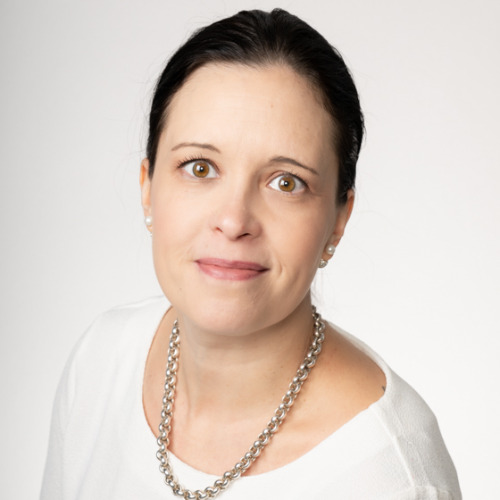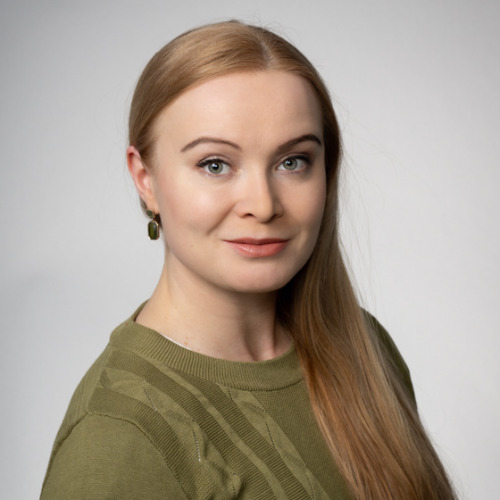The results of the researcher survey help in developing the position and working careers of researchers
In early 2024, the University of Eastern Finland carried out a survey among its researchers and teachers regarding their position with the aim to develop their working conditions. We received a total of 451 responses from our university community. The response rate of the survey was 19.5%. Although only one quarter of the researchers and teachers responded to the survey, their answers provide valuable information to support development work. The survey and the development measures implemented based on its results are part of the HRS4R – Human Resources Strategies for Researchers development work.
UEF committed to the joint European HRS4R development work more than a decade ago. Many things are already well in our university, and we can use the “HR Excellence in Research” quality label as a recognition of our development work. However, there is also room for development and the survey for researchers and teachers gives direction for continuous development work.
In the researcher survey 2024, the identified strengths include our researchers’ experience of obtaining assistance for their research work from colleagues within the university. Attention was paid to a well-functioning UEF Research Community (RC) structure and high-quality multidisciplinary interaction also in the research evaluation report 2023.
A total of 90% of the respondents agreed with the statement “The university respects the freedom of science” and 87% agreed that the university promotes compliance with the principles of research ethics. Conducting research in accordance with good scientific practice requires that researchers have a genuine opportunity to choose their research topics and methods freely. In addition, the content or presentation of research results should not be influenced in a way that may jeopardise the independence of science. The Universities Act expressly prohibits universities from acting in an employment relationship, as employers, in a manner that may jeopardise the freedom of research or education guaranteed by the Constitution of Finland. Safeguarding the freedom of science and research ethics requires continuous development work and the provision of various forms of support to handle influencing attempts also from outside the university.
The results of the present survey show that, compared to the previous researcher survey, there has been development especially as regards the development discussions conducted between the researcher and their supervisor. In the survey conducted in 2024, 60% of the respondents agreed with the statement that development discussions with the supervisor support the researcher’s personal development. In 2020, only 27% agreed with the statement. However, it is noteworthy that in 2024, 42% of the respondents stated that they have not had a development discussion during the past year and only half of the respondents felt that the progress of their work is being assessed regularly. At UEF, efforts are still needed to ensure that development discussions are conducted and to develop their content. In open-ended questions, the respondents raised career counselling and mentoring among the factors that support the career development of researchers. Consequently, the launched measures to develop research education will be aimed, for example, at career counselling and mentoring.
Based on the results of the survey, further efforts are still needed at UEF to raise awareness of the research support services that are provided by the university and the support that is available to researchers for the dissemination of research findings. Researchers also wish for increased cooperation with other researchers. The challenges related to the career development of researchers include fixed-term employment contracts, lack of funding and continuous preparation of funding applications, and uncertainty about the future arising, at least to some extent, from these reasons. The measures of our strategy mention the objective of permanent employment relationships that promote career advancement and maintain competence. Feedback received through the survey highlight the importance of this objective and the significance of concrete measures to achieve it.
The researcher survey has, once again, provided a good account of the views of our researchers and teachers. The development work continues with a more detailed analysis of the results and the planning of measures. There is also plenty to do as regards raising awareness of the HRS4R development work, which more than 90% of the respondents had not previously heard of. However, we will continue to develop the conditions of our university community systematically and one measure at a time. The work carried out for the scientific community is challenging and rewarding also for us working in HR. However, we have a community of dedicated talents to support and spar us! We thank everyone who responded to the survey!

